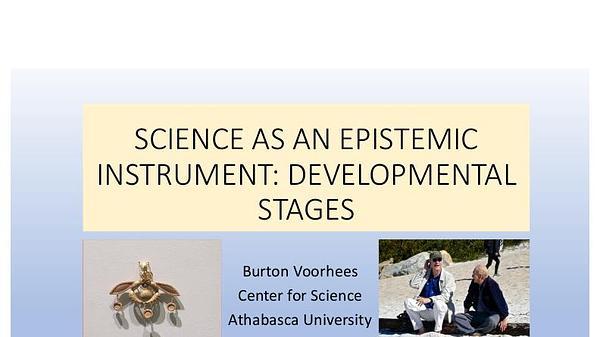technical paper
LIVE - Self-organization in cultural systems
keywords:
cultural systems
self-organization
complex systems
Abstract:
Culture is a complex adaptive system characterized by the interactions of many individuals exchanging numerous cultural traits. The self-organization of cultural traits into systems has recently attracted some attention (Friedkin et al. 2016, Buskell et al. 2019, Yeh et al. 2019), but these models are not capturing all aspects of the complex dynamics of these systems, such as the alternating periods of stability and change exemplified by the change from a geocentric to a heliocentric view of the solar system, or the transition to a digital society. In this work, we leverage recent advances in the theory of complex systems (Thurner et al. 2018) to provide new models of the self-organization of cultural systems, stressing the importance of interactions between traits, such as recombination and filtering processes. We study an agent-based model in which individuals carry cultural systems and exchange traits, we show that self-organizing processes active at the individual level influence the culture state at the population level and displays punctuated equilibria, i.e., periods of stability separated by periods of rapid change. In particular, the trait-individual duality that results from this modelling approach criticizes the standard frequency-based selection of cultural traits.
Speaker's social media:
